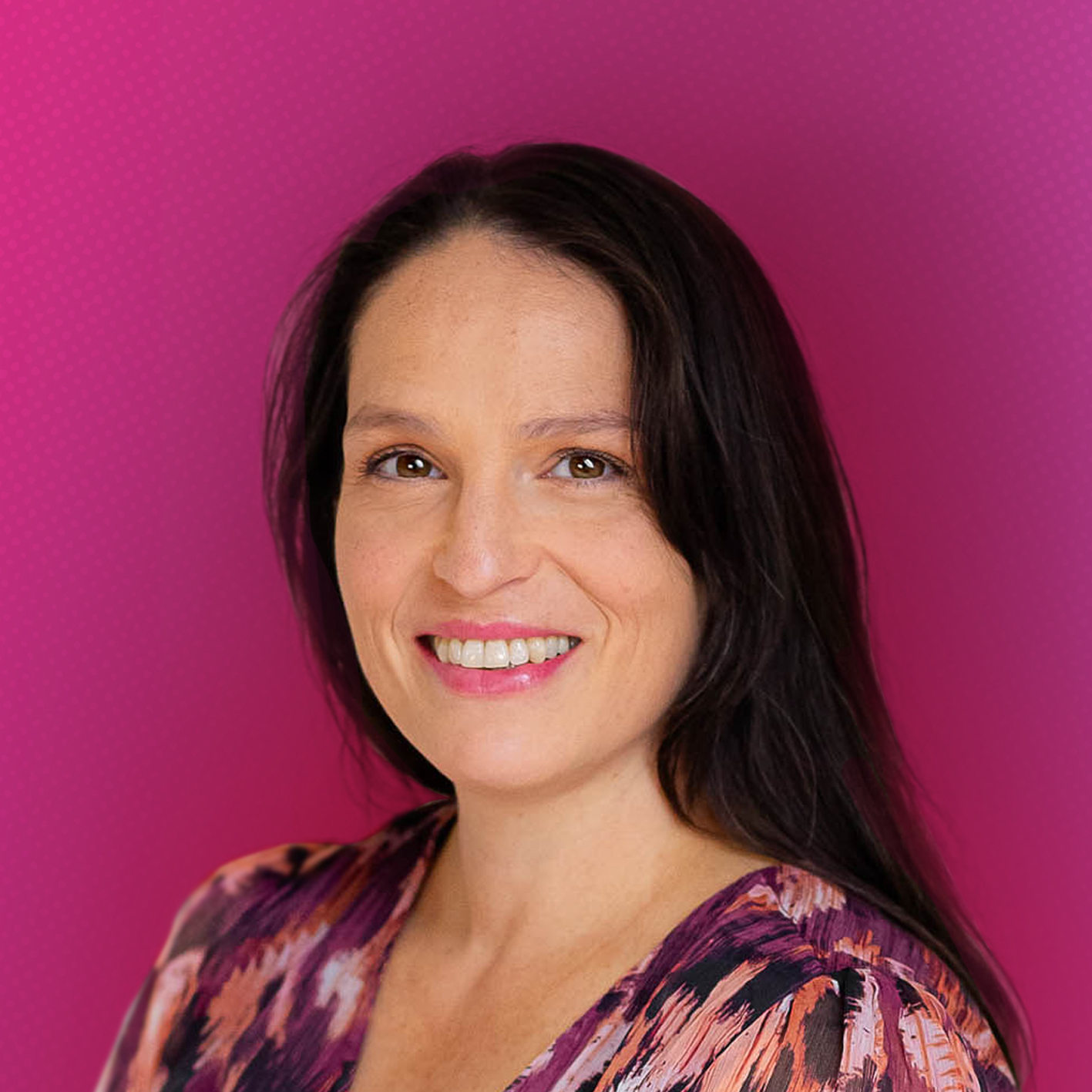Voice acting is a fun, rewarding, and often lucrative venture for those with outstanding voices. It's also another career option for professional singers.
Whether for anime, video games, audiobooks, tours, toys, or adverts, voice actors are essential to the entertainment and commercial industries. The human voice has the power to guide audiences as a narrator, bring characters to life, and persuade consumers – It’s quite the talent.
So, how do you become a voice actor?
This guide, written by guest author from Voquent Dylan de Koning, will delve into the details of taking your first steps in the voiceover industry, including where to start, how to get a high-quality demo reel, how to build a home studio (optional), and, most importantly, how and where to find voiceover work.
Oh, and those with acting or singing experience already have a head start!
Before You Become a Voice Actor
Bringing characters to life in anime and video games is exciting, but enthusiasm doesn’t mean you’re ready to start.
Lots of voice acting newbies seem to think to themselves, ‘Well, I’ve got a nice voice; what else do I need?’ but similarly with any creative role, you’ll need some training and practice on top of your natural talent before you start looking for work.
So, where should you start?
Develop Your Voiceover Skills
Voice acting IS acting.
You need to learn to act to successfully embody a character through your voice, guide an audience through a story, or advertise products to the masses - the clue is in the name.
It’s essential to be ready for your first big gig, so develop your acting skills and ability to cold read (read a script out loud without rehearsal).
Take Voice Acting Classes
Real professional training is your best shot to get started in the industry.
In-person or online voice acting classes or coaching will help develop your speaking skills, boost your acting ability, help you discover your niche in the industry, and correct any bad habits.
Many new voice actors even book their first professional voice over project after being recommended by those who trained them.
Practice with Voice Over Scripts
Once you know how voice acting works and you’ve developed your skills, practice, practice, practice!
You can find free voiceover scripts within a range of mediums, vocal tones, and genres to practice with here.

Create a Voice Over Demo Reel
You’ve now developed your voice acting skills and practised enough to build confidence in cold reading. Great!
So, you’re ready to start looking for work, right?
Nope.
What is a Voice Over Demo Reel?
When searching for voice over work, a resume won't cut it.
In the form of a 2-4 minute audio file, made up of 6-8 individual 15-30 second script reads, your demo reel proves your vocal ability when applying for work, and casting directors will expect you to have one.
Some voice actors simply use clips from previous voice over work, but most demo reels are mock projects designed to showcase varied vocal tones within one theme. When applying for work, it’s best to infuse your demo reel with enough tonal and characteristic variety to display at least one read fitting the client’s project.
This is why most voice actors have multiple reels, such as a character demo (TV, film, video games) and a commercial demo (TV adverts, radio, social media). Some voice actors will even go further, with a demo reel specifically for business projects (corporate videos, IVR phone systems, explainer videos) or narration (Audiobooks, documentaries, and audio tours). This can also be broken down by medium or theme, such as with video game reels or political smear campaign reels – yeah, it really does get that specific!
The more specific your demo reels are, the more likely a potential client will hear your voice in a tone and style similar to their own project. This will make it easier to picture your voice in the role, making you more likely to be cast.
About the author

I’m Linor Oren, founder of SingWell. I have an opera background and in the past I've performed on stage. I've taught hundreds of students how to find their authentic voice. What I’ve learned is that singing isn’t about being “born with it” — it’s about unlocking what’s already inside you with the right tools and guidance. My passion is helping singers at every level grow in confidence, technique, and joy, so they can sing with freedom and expression.
How do You Make a Demo Reel?
Professional voice reel services will give you the best chance at landing work.
Relying on the experience of industry professionals who have worked in voice over and casting will benefit you because they know what casting directors and potential clients want to hear from you. Plus, they will supply the scripts and the audio mix so your reels sound professional quality.
Without a budget, you’ll need to record your own demos from home, but this requires a home studio.

"
“Voice acting isn’t just about having a beautiful voice; it’s about breathing life into words, shaping emotion through tone, and making listeners forget there’s a script at all.”
Consider a Home Recording Studio
Building your own home studio means you can provide remote voice over work.
Not only does this save your clients’ costs from booking local studios in the long run, but it also allows you to take on remote projects, dramatically expanding the number of global voice roles you can work on. You will also complete projects faster, which further benefits potential clients.
Having your own home studio is not essential, but it will make finding work much easier.
To build a studio, you must invest in recording equipment such as an XLR microphone, a digital audio workstation, a pop filter, a computer or laptop, a mic stand, headphones, monitors (speakers), and a pre-amp.
For this reason, voice actors usually don’t build a home studio until they are at least a few years into their careers and know they will get enough work to pay off the investment.

Find Voice Over Work
After working on your acting ability and gaining some recording experience via your demo reel, you will be ready to find voice-over work and bring characters to life.
Finally, the fun part! However, there are multiple ways to put yourself out there and get gigs.
Online Casting Platforms
Clients and casting directors frequently use online voice over casting platforms to find talent due to the huge rosters of voice actors available. Finding the perfect voice for their project is essential, so the more options, the better.
This makes standing out as a voice actor even more critical on platforms like this, as all the other voice actors are your competition. But keep in mind rejection is part of the game. Even the most famous video game voice actors only land a fraction of the projects they audition for.
No longer a little mouse...
Maybe you feel it's time to stop shushing your own voice and take your desire to sing serious. My weekly 'Belting Mouse' mail shows you how. It gets you on track with stories and insights from my life as a singer and that of my students.

For 'little mice' who are tired of squeaking and want to start belting...
Here are the prominent voice over platforms.
- Voices.com, while offering a limited free plan, costs $499 per year for the premium subscription, allowing you to be found not only through your demos but also by granting access to the job board and more premium features. This site has a particularly large database of voice actors, so you’ll also be competing against 4 million others for work.
- Voice123.com also offers a limited free membership plan, with 8 paid tiers offering more and more auditions and search results priority to higher-paying talent. However, if you want to stand out among the best with one of the most visible profiles on the site, it will set you back $4,950 annually. Ouch.
- Backstage.com doesn’t just do voice-over casting but also live-action acting, film crews, models, and more. Your $199 per year account will allow you to apply to work on the Backstage job board.
- Voquent.com works slightly differently as it is not a P2P (pay-to-play) site. Talent accounts are completely free for all voices, and search results ranking is based on profile optimisation, not how much you pay for your membership. This is a great way to find global voice over work in a range of mediums without paying any fees. Create a free Voquent account here.
- Castingcallclub.com is another option offering voice actors a free account. However, the platform is designed for newbies, offering fresher talent the opportunity to get their first voice acting credits without spending money. On the other hand, most projects are unpaid or very low-paid. This is an excellent option for those seeking experience before they offer their services professionally.
Casting Calls on Social Media
While casting platforms are a great way to find work, especially highly paid work for huge global brands and entertainment projects, social media hosts a wealth of lower-paid voice over projects and indie opportunities.
X (formally known as Twitter) and LinkedIn see #castingcall posts daily, and you don’t need to pay for an account. However, it can be hard to book this work because the job is available to the masses, giving you more voice actors to compete with.
These jobs will also usually require an audition, which is difficult when you don’t have a home studio.
Personal Website
Your own website can also bring in voice over work.
This is usually more effective after you have gained multiple voice over credits. If a casting director hears your voice in a TV show, sees the credits, and decides to get in touch with you, you want to make that as easy for them as possible for them. Creating your website, especially around your name or stage name, should ensure an easy process to book your services directly.
Conclusion
Voice acting is a thrilling and fulfilling career, but it takes dedication, practice, and a continual learning curve to the top of the industry.
By honing your craft, developing your skills, creating a voice reel, picking up some experience, and putting yourself out there for professional work on casting platforms, you’ll begin to take on more and more work as a voice actor, improve your ability further, and make a place for yourself in the voice over industry.
Go get ‘em!

Guest Author
Dylan de Koning
Content Specialist,
Voquent Ltd.
Frequently Asked Questions
Do I need professional training to become a voice actor?
Yes. Even if you have a naturally appealing voice, professional voice acting requires acting skills, vocal control, and the ability to convey emotion through tone alone. Taking classes or working with a coach helps develop these abilities and prepares you for auditions.
What is a voice over demo reel and why is it important?
A demo reel is a short audio compilation that showcases your range, tone, and style as a voice actor. Casting directors use it to evaluate whether your voice fits a project. A professional, well-produced demo reel is essential to getting hired.
Do I need a home recording studio to get started?
Not necessarily. You can begin by recording small projects through local studios or beginner platforms. However, building a home studio eventually allows you to work remotely, audition more often, and take on global clients efficiently.
